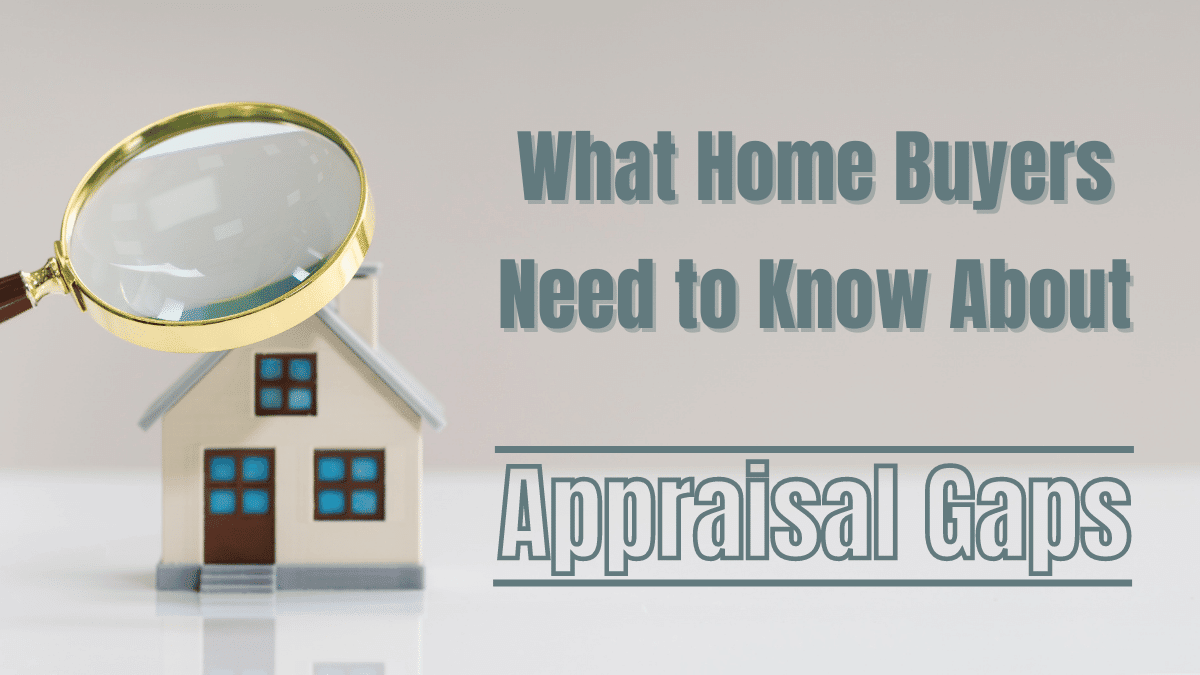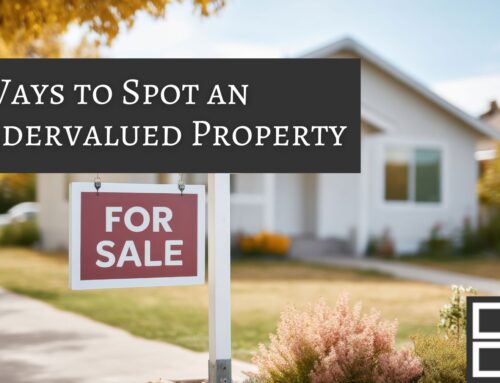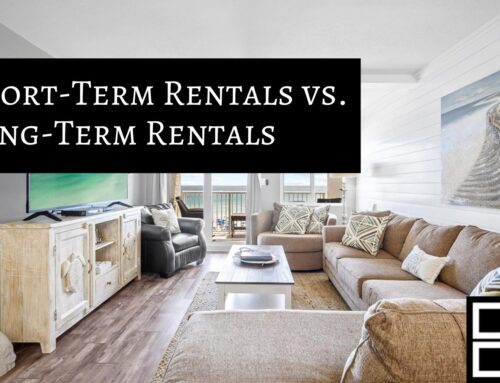Understanding Appraisal Gaps
Buying a home can sometimes be an exhausting process. There are so many things that need to be done from making an offer and negotiating to the inspection and closing process. Getting a home appraisal is almost always one of the steps to buying a home.
Unfortunately, during a competitive seller’s market, the appraisal can be the most challenging and daunting part. The home needs to appraise for a certain amount or financing may not be approved. Read on to learn more about the home appraisal process and how to proceed when making an offer in a seller’s market.
What is a home appraisal?
A home appraisal is an evaluation and report performed by a licensed appraiser to determine a home’s current market value. Lenders require a home appraisal to ensure the amount you agreed to pay for the home is equal to or less than the appraised value.
What is an appraisal gap?
An appraisal gap is the difference between the current market value determined by the appraiser and the amount you agreed to pay for the home. A low appraisal does not mean you have to terminate the sale, but it may mean you have to renegotiate with the seller or pay the difference out of pocket.

Appraisal guarantee vs. appraisal contingency
An appraisal guarantee is a stipulation included in the purchase agreement that binds you to buy the home even if the appraisal amount is lower than the purchase price. If included in your purchase agreement, you should place a cap on how much you are willing to pay to cover an appraisal gap.
An appraisal contingency provides you the option to terminate the purchase agreement if the appraised value doesn’t match or exceed the agreed-upon sales price. The contingency allows you to terminate the contract and keep your earnest money. If you terminate the contract after the appraisal contingency expires, the seller could keep your earnest money.
When is an appraisal guarantee necessary?
An appraisal guarantee is common, and may be necessary, in a competitive seller’s market if you want your offer to outshine the others. The clause states how much of an appraisal gap you are willing to pay. Since there is no guarantee, an appraisal will match the agreed-upon purchase price, it’s often something sellers look for to know the offer will withstand if the appraisal comes in a little low.
Why is this important for home buyers?
Unfortunately, buying a house can mean more than just looking at homes for sale and signing on the dotted line. The home’s appraised amount can determine how much money you can borrow.
Lenders will not approve a loan for an amount higher than the home’s value. For example, if the purchase price is $200,000, but the home’s appraised value is $190,000, lenders will base your loan amount off the $190,000 value. Without a lower purchase price, you’ll need your agreed-upon down payment plus the difference between the purchase price and appraised value.
The bottom line on appraisal gaps
It is never pleasant to hear that you have an appraisal gap, but it is often a reality in today’s fast-paced real estate market. However, choosing the right real estate agent can make a huge difference in knowing what to do next.
It is essential to protect yourself going into the contract and to have a plan on how to proceed should the appraisal come in lower than the agreed-upon purchase price. Buyers have many options, but you must choose the one that is most comfortable for you.

Written by Traci Alexander









